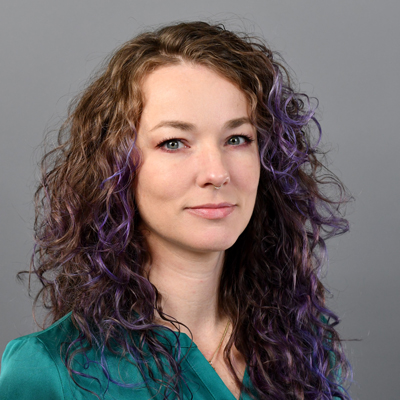National Park College’s (NPC) Phi Theta Kappa (PTK) officers interviewed faculty and staff last month to inform students about resources available on campus. This week's interview is with Christina Puckett, Behavior Intervention Specialist at the Counseling Center.
“The Counseling Center is tucked away in Building 10. There’s minimal foot traffic, and each therapist has their own private office,” Puckett explained. “A sound machine provides a noise barrier during sessions so that the session stays private without being overheard. It’s important to us that you feel safe when coming in.”
The center adheres to strict confidentiality laws, with records kept separate from academic files and shared only with the student’s written consent. “We comply with HIPAA requirements and offer the confidentiality and privacy our licensing board requires,” Puckett added.
The Counseling Center offers a variety of mental health services, addressing issues such as test anxiety, depression, and overwhelming responsibilities. “There is individual therapy, which can be diverse. It can include psychoeducation, goal-setting, and learning coping skills among other approaches. Group therapy and support groups are also available. And if there’s a crisis, we’re here to de-escalate it. That could be anywhere from feeling suicidal to not having enough food,” Puckett noted. “If needed, we’ll provide referrals to outside organizations, such as providers for medication or long-term individual therapy.”
Collaboration with other campus departments and external organizations is key to providing comprehensive care. “Instructors and staff send in referrals to the Counseling Center, if there is a student they feel can benefit from support,” said Puckett. “We can walk you over to the Food Pantry for groceries, help you reach out to an instructor whose class you’ve been anxious about, and help you identify support systems on campus.”
The center also hosts educational events like Applied Suicide Intervention Skills Training, Soaring Above the Influence, and Narcan Training. By attending community events, the center gains knowledge of resources for homelessness, childcare, food insecurity, and more, which are then shared with students.
Puckett emphasizes the importance of normalizing mental health support. “Being authentic, relatable, and available helps connect with students and makes them realize they’re not alone,” she said. The center promotes awareness through events, mental health-themed stickers, green ribbons, and “Talk Saves Lives” presentations.
“One strategy you’ll see implemented on campus soon is the American Foundation for Suicide Prevention’s Interactive Screening Program, which will permit students to anonymously fill out mental health screeners and connect with us for support. This is an innovative approach that will bypass the reservations offered by social anxiety, stigma, and other concerns. It’s exciting to be able to bring it to campus,” stated Puckett.
Puckett finds joy in seeing students succeed. “I love it when students implement the knowledge and skills they’ve learned in therapy and come back with success stories,” she shared. “Encouraging and empowering people is what I enjoy most about this role.”
Puckett wants students to know that the Counseling Center’s services are free and accessible. “Sessions are about 50 minutes, and you can come just once or many times,” she said. Located in Building 10, the center offers walk-in appointments and scheduled sessions from 8:30 a.m. to 4:30 p.m., Monday through Friday. Students can call 501-760-4164 or 501-760-4163 to make an appointment.


